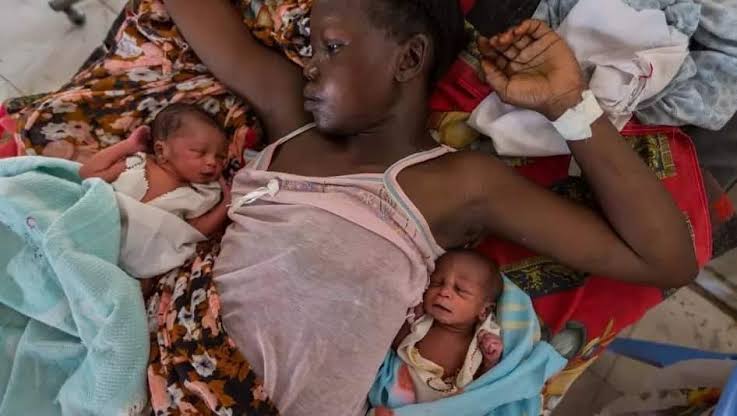Child Marriages in Africa: Risks and health issues associated
Child marriage is the formal or informal union between a child under the age of 18 and an adult or another child (Nour, 2006). This is a global issue that cuts across countries, cultures and religions.
In resource-constrained settings, the prevalence of child marriage is alarming. In 2020, the Central African Republic had the highest rate of women aged 20-24 who were married before age 15 (~26%), Nigeria had ~16% while South Africa recorded the least at 0.9% (Statista, 2020).
Also, about 115 million boys globally were married off as children, with 23 million of them being below age 15 (UNICEF, 2021). In 2019, the Central African Republic recorded the highest percentage (28%) of child grooms in Africa (UNICEF, 2019).
Risks and health issues associated with child marriage include:
- Domestic violence (Kidman, 2016);
- Adverse reproductive outcomes (Gogha et al., 2013);
- High-risk pregnancy which puts both mother and baby at risk (Nasrullah et al., 2014);
- Complications in pregnancy and delivery resulting in obstetric fistula (Yu et al., 2016) and;
- Cervical cancer.
Preventing child marriages in Africa
The following laws have been put in place to end the menace:
- Article 16 of the 1979 convention
- The 1989 United Nations Convention on the Rights of the child (CRC) (Paterson, 2015)
- The 1990 African Charter on the Rights and Welfare of the Child (ACRWC)
What else can be done to prevent child marriages? What could you do to end child marriage in your locality?
